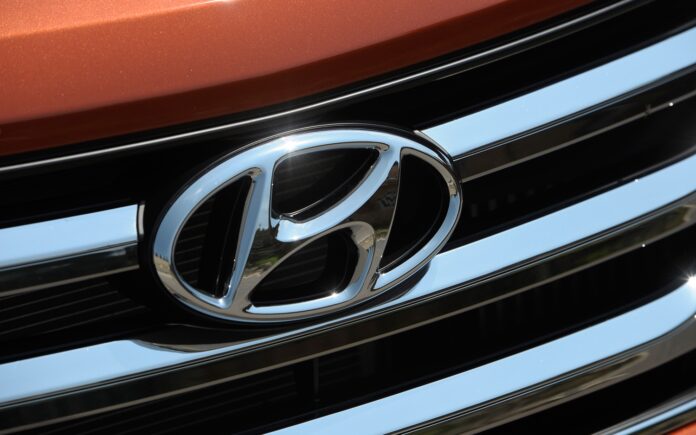LAHORE: Hyundai Nishat has increased the prices of all of its Sedans, apart from the Elantra 1.5. The new prices will come into effect from October 1 and will be the second price increase announced by Hyundai in FY23 so far.
The new prices are as follows
| New Price | Old Price | Difference | Change | |
| Sonata 2.5 | Rs 8,899,000 | Rs8,499,000 | Rs400,000 | 4.7% |
| Sonata 2.0 | Rs 8,149,000 | Rs7,899,000 | Rs250,000 | 3.2% |
| Elantra 2.0 | Rs 5,699,000 | Rs5,499,000 | Rs200,000 | 3.6% |
As seen in the chart, the new prices shall be applicable on the Elantra 2.0 and all variants of the Sonata whereas the old prices will remain applicable on all full payment orders till September 30 irrespective of the tentative delivery time.
The noteworthy feature regarding the price increase is that this comes after Hyundai’s decision to not revise their prices downwards. The company had centred their decision on the fact that they had not increased their prices to the same level as the industry norm of 21-24 per cent.
The company’s sedans will be on average 15 per cent more expensive than they were in July. Thus, they are still below the aforementioned industry norm.
Profit speculates that Hyundai’s decision to increase prices can be on-account of two reasons. The first and foremost would be that Hyundai speculates the rupee to depreciate further against the dollar, and is hedging against it in advance. Profit had speculated that Hyundai chose not to increase their prices to the same degree as other competitors because it had incorporated buffer stock, like Lucky Motors, into their production methods. The company may be opting to repeat its decision, and thus build-up inventory in-advance.
The fact that it has not implemented the price increase immediately and rather deferred it till October is an aberration from other automotive manufacturers that implement the decision overnight. This lends credence to the notion that Hyundai is setting the prices for its next batch of inventory rather than what it has available or catering to currently.
The second reason may be on account of DG Khan Cement’s decision to invest Rs900 million of equity into the motor company, alongside other shareholders who are expected to provide comparable amounts. Shareholders falling outside the umbrella of the Nishat Group, Sojitz and Millat Tractors, are in-effect providing unsecured debt to Hyundai. They would likely want the company to have greater profitability margins going forward; increasing prices would be one way to achieve this.
Moreover, Hyundai has chosen to not implement the new prices on orders irrespective of their delivery date which may provide them with a short-term increase in immediate sales as customers seek to avoid incurring the higher prices from next month onwards.




